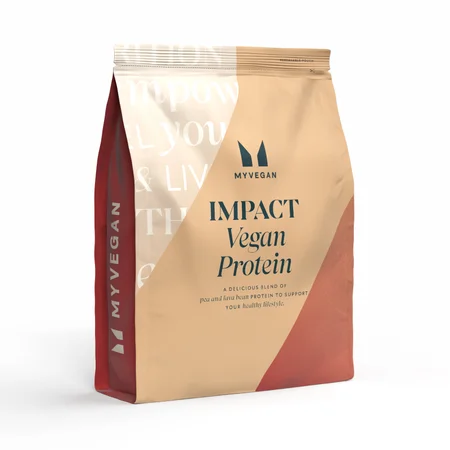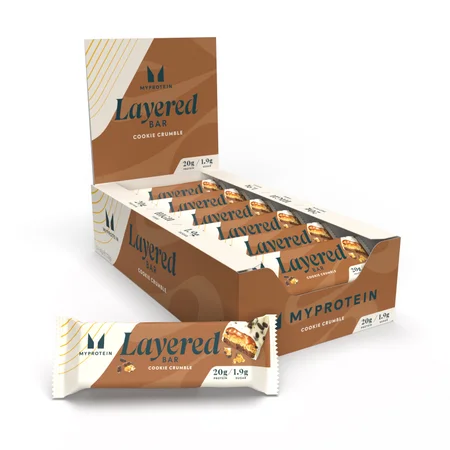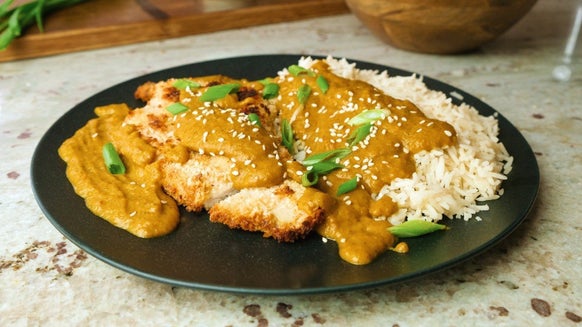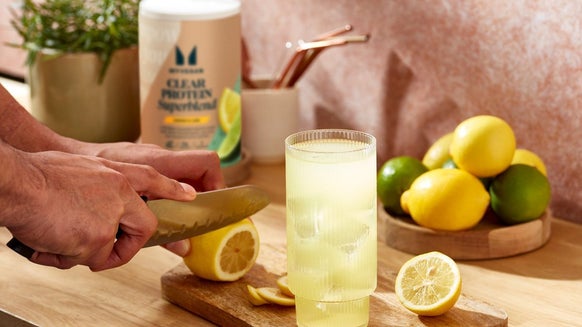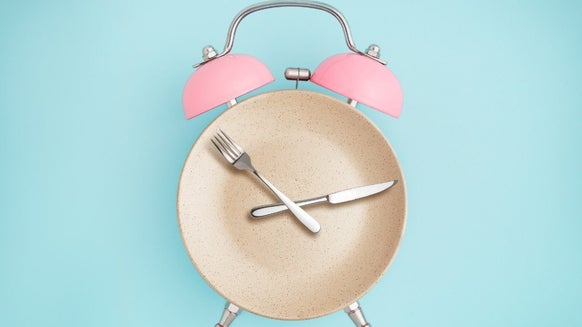Does Rice Need Washing Before Being Cooked?
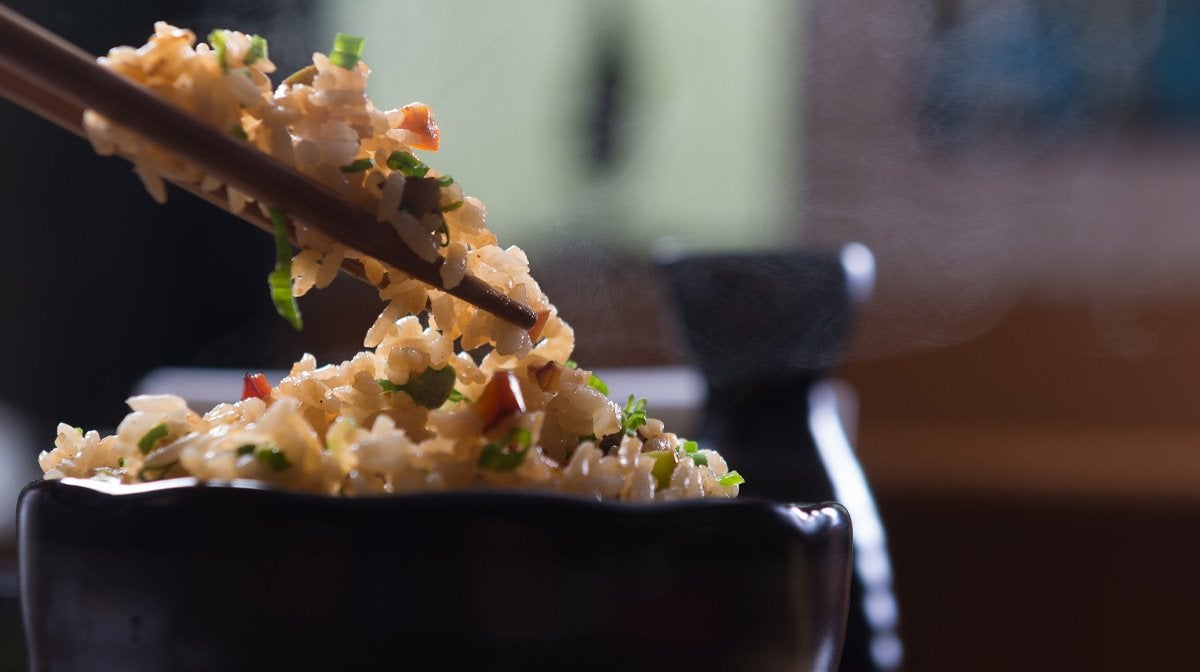
Rice is a staple of meal prep. An unsung hero, underestimated on plates as an easy to cook carbohydrate accompaniment to a protein source, and maybe some veggies. It’s not the star of the dish, but your energy levels would certainly miss it, even if your tastebuds would be nonplussed.
While rice doesn’t bring all the flavour to the party you always know when it hasn’t been cooked to your personal preference.
It’s devilishly easy to under, or over, cook with a lack of consideration paid to a boiling pan, and in turn either possesses an unwanted crunch or turns to mush. The answer for solving that problem really is just pay attention.
There is a step before any heat enters the fray which divides households the world over. Ok, it may not be that deep, but tell me, do you wash your rice before cooking? And does rice need washing before being cooked?

Does rice need washing before being cooked?
Can you wash rice before cooking? Of course, you can, but not all things you can do are necessary. And ultimately, that’s where things stand with rice.
Firstly, it’s a resounding no to the notion that rice needs washing for hygiene reasons. If there were any bacteria on your grains, they are getting obliterated by the boiling water you cook them in, not from a cold or lukewarm rinse.
Growing up, I was always told to wash rice to prevent it being too sticky once cooked. I’d put it in a bowl or pan, run some water through it, stir, wait for the water to go cloudy, drain, and maybe repeat once or twice along the way.
I’m not alone. Variations on the process do exist globally and across multiple cultures.
The opinion of chefs, both professional and amateur, is that in washing rice before cooking you remove starch, specifically amylose. Amylose is a free starch and it’s this which makes the water used to wash rice go cloudy.
There is a study to consider in this debate and, while we should always be wary of single studies in isolation, this one is damning for the belief that washing affects the end product.
What does washing rice before cooking do?
An unintended consequence of washing rice, according to a source cited by the study, is the removal of micronutrients such as B vitamins, iron and zinc. So, you could be taking an L regardless of a perceived effect on the texture of your cooked rice.
The abstract to the study sums matters up neatly:
“Washing rice before cooking is common to remove dust and any remaining bran produced by the milling process. In this study, the effect of washing procedure on the textural properties of cooked rice, and its relations to starch leaching and the molecular structure of leached starch are investigated.
Statistical analysis indicated that the washing procedure does not significantly affect either hardness or stickiness of cooked rice, but the interaction between rice variety and washing times on stickiness is significant.
The components of leached materials, chain-length distribution (CLD), and molecular size of leached starch are significantly different from those of the surface materials, but not largely varied between rices with different washing times, which helps explain the molecular mechanism of the causes of these textural results.
This indicates for the first time that, the adhering materials on the surface of raw rice grains do not contribute to the texture of cooked rice.”
All those minutes lost washing my rice, I’ll never get those back, and according to these guys it was all for nothing. Oh well.
You can access the study in full here.
So, if you really want to impact the texture of the rice on your, according to this study at least, it’s more likely to be affected by your choice of rice. Go for jasmine if you want something sticky, basmati for something which separates a little better, brown for a rice higher in fibre, and we’re only just scratching the surface on the options.
Take Home Message
According to a 2019 study, washing raw rice has no impact on the texture of the cooked end product. But washing rice can remove micronutrients and lower the nutritional quality of your meal. So next time you are meal prepping bear this in mind. You could save valuable minutes and potentially water.
READ THESE NEXT:

